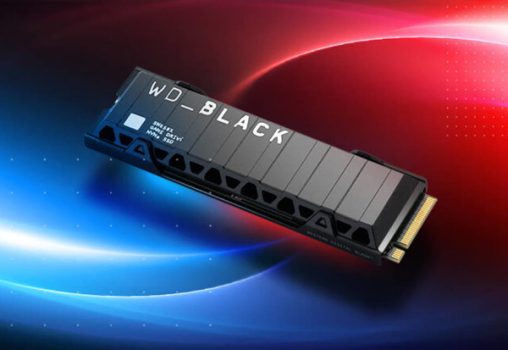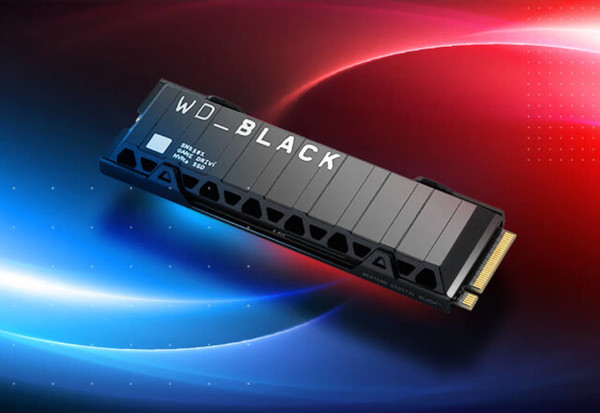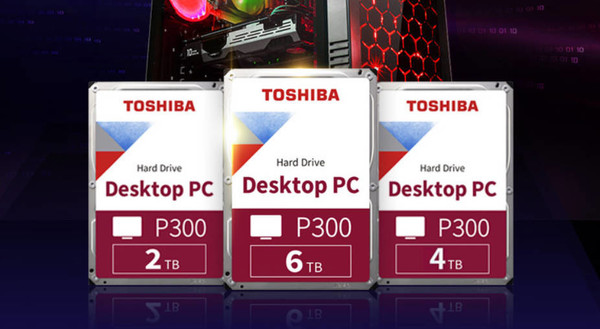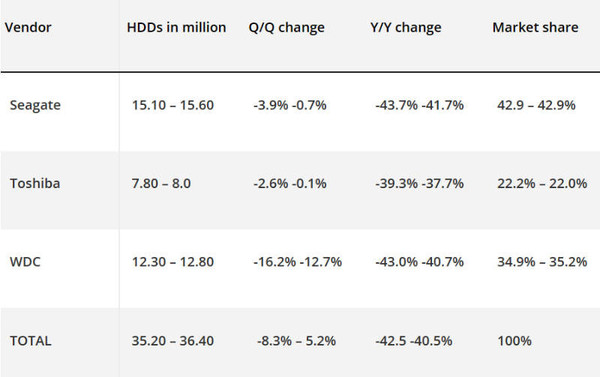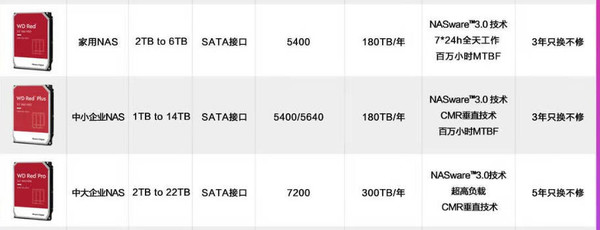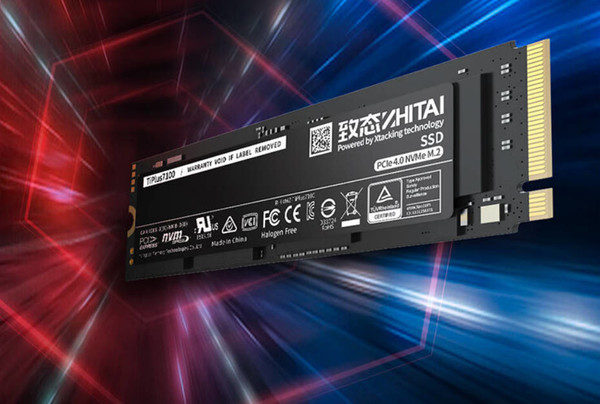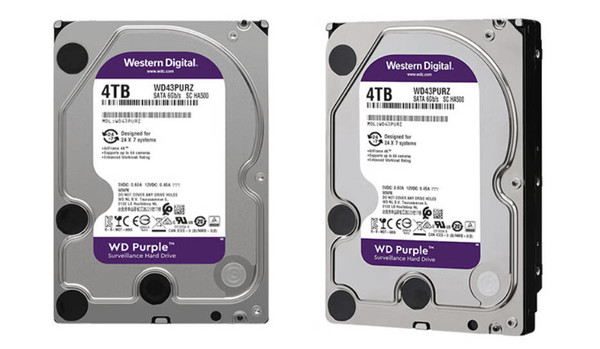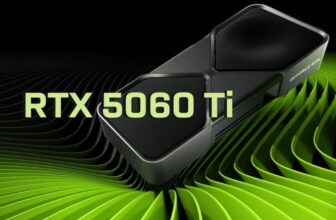【Gearbest】There is no doubt that the solid-state drive market during the 618 shopping festival this year was completely “crazy”. At least since the end of last year, the price of solid-state drives has continued to fall, and the rate of decline has far exceeded expectations. During the 618 shopping festival, JD.com's 1TB PCIe 3.0 Changjiang TLC particle solid-state drive with a five-year warranty can be purchased for less than 230 yuan, and the 2TB PCIe 4.0 Changjiang TLC particle hard drive is just over 400 yuan. At the same time, the prices of flagship products such as Samsung 990 Pro, SOLIDIGM (a brand jointly developed by Hynix and Intel) P44 Pro, Western Digital SN 850X, and KX (Toshiba) SE 10 have also continued to hit new lows. Such a grand occasion was almost unimaginable to us a few years ago.
However, many consumers also discovered that the SSD market was filled with loud gongs and drums and firecrackers blasting. Consumers felt as if they were celebrating the Chinese New Year, while the mechanical hard drive market, which is also a storage product, was completely calm. According to the author's observation, whether it is self-operated by JD.com, Taobao Tmall or Pinduoduo, the price of mechanical hard drives has almost no fluctuations. The prices of many products have not even dropped by a penny. At most, you can use the coupons provided by some platforms.
Although solid-state drives and mechanical hard drives are both PC storage products, although there are big differences in technology, experience, appearance, design, etc., there are still many overlaps in their usage. I believe no one would agree that the big price cuts of solid-state drives will not affect the demand for mechanical hard drives. So why can mechanical hard drives face the big price cuts next door with such a “stable as a mountain” attitude?
Market slump
In fact, consumers who pay more attention to the PC market should also be able to feel that the current mechanical hard disk market can even be called a “sunset” market. Before the big price cut of solid-state hard disks this year, the living space of mechanical hard disks in the consumer market had been greatly squeezed by the former. Not to mention the desktop side, in the field of mobile notebook computers, in recent years we have hardly seen notebook products with mechanical hard disks and mechanical hard disk slots.
According to a report released by research firm Trendfocus in early 2023, in 2022, mechanical hard disk shipments almost halved, with all manufacturers experiencing a sharp decline in shipments, with Seagate and Western Digital seeing particularly significant declines. Overall, HDD shipments fell 42.5% in 2022 to about 35 million or 36 million units. Trendfocus believes that the biggest disaster for HDD (mechanical hard disk) storage manufacturers at the moment is the decline in demand for enterprise cloud storage business. The merger and inventory correction of cloud storage companies in 2022 resulted in them purchasing 10 million to 11 million fewer hard disks in the fourth quarter than the same period last year.
It can be seen that the enterprise market is sluggish, and manufacturers have no desire to cut prices for the consumer market. In this case, a large price cut to follow the price war of SSDs will only cause manufacturers and dealers to lose their already small profits. Moreover, the performance and price of mechanical hard drives are lower than those of SSDs. Instead of doing this, it is better to harvest existing users.
Manufacturer messed up
Currently, compared with the solid-state drive market, the structure of the mechanical hard drive market is very simple. There are three major manufacturers: Western Digital, Seagate and Toshiba. Against the background of a sharp market downturn, the current situation of these three major manufacturers is not optimistic. Also according to data from the research organization Trendfocus, Seagate's HDD shipments fell by 43.7% in 2022, Western Digital was equally bad, falling by 43.0% year-on-year, and Toshiba's shipments in 2022 fell by 39.3% year-on-year. At a glance, it looked gloomy and gloomy.
In fact, these three manufacturers had foreseen the changes in the mechanical hard disk market a long time ago, and they have also looked for solutions. However, the solutions provided by manufacturers for the consumer market have further promoted the mechanical hard disk to its current level, which is SMR (shingled magnetic recording) technology, also known as shingled hard disk. Although SMR technology may be considered an improvement, today, mechanical hard disks using SMR technology are like rats crossing the street, and everyone is shouting and beating them.
Manufacturers use CMR for enterprise disks and SMR for home disks.
Compared with CMR (conventional magnetic recording) hard drives, SMR has almost lost all the advantages of mechanical hard drives, including data security, hard drive stability, etc., and only brings cost reduction. Moreover, in the early days of SMR technology, manufacturers often engaged in “stealing and replacing pillars”. Many models of CMR hard drives were suddenly turned into SMR hard drives while they were being sold. In this case, many consumers would rather buy second-hand enterprise disks than use brand new consumer SMR hard drives. On the solid-state drive side, in addition to MLC and TLC, although there are also QLC particles, QLC is actually recognized by some consumers because it is cheaper, which is completely different from the situation of SMR.
Therefore, SMR is a failed technology to some extent. Although the production costs of manufacturers have been reduced, it has damaged consumers' trust in them and further worsened the situation of the mechanical hard disk consumer market. After SMR, the three major manufacturers seem to have entered a state of “making a living by doing nothing” and have no interest in optimizing the technology of mechanical hard disks.
No domestically produced
Nowadays, there are many reasons for the huge changes in the SSD market. One is the imbalance between supply and demand in the market, where supply far exceeds demand, resulting in product backlogs and forced price cuts. The second reason is the rise of Changjiang, a domestic memory chip manufacturer. Although there is still a huge gap between Changjiang and Samsung, Micron, Hynix and other companies in terms of market share, as an emerging manufacturer, Changjiang Memory has been able to make several giants feel the crisis.
Before the rise of Yangtze Memory, overseas storage giants had power outages on January 31, 2019, and fires on February 4, 2019 and 2018. Based on the above “tragic” situations, they could only “reluctantly” make consumers suffer again and raise the prices of their products to recover. But consumers are a vulnerable group, not a mentally retarded group. They can't see the tricks, but they have no way to do it. In 2022, the price of Toshiba's RC 20 1TB exceeds 500 yuan, and this is a half-speed disk. The prices of other flagship solid-state drives are even more outrageous. But now, the above-mentioned RC 20 1TB has come to less than 250 yuan, how can it be more than halved?
However, consumers of mechanical hard drives are not as lucky as solid-state drives. Here, there is no “Yangtze Storage” to increase the strength of established manufacturers. The three giants, Western Digital, Seagate and Toshiba, are either American or Japanese companies. They have controlled the market for a long time and have no intention of engaging in price wars and technology iterations. interest. Moreover, based on the current situation of the mechanical hard disk market, not many manufacturers should be interested in making large investments in this. It is foreseeable that the market for mechanical hard drives will be difficult to change for a long time.
at last
From any perspective, it is unlikely that mechanical hard disks will disappear. The huge enterprise market is still its important pillar, and the data security and reliability far exceeding that of solid-state drives are the cornerstones of its survival. However, in the consumer market, mechanical hard disks no longer have strong vitality. The changes we expect will only be a long way off.
magicCubeFunc.write_ad(“dingcai_top_0”);
